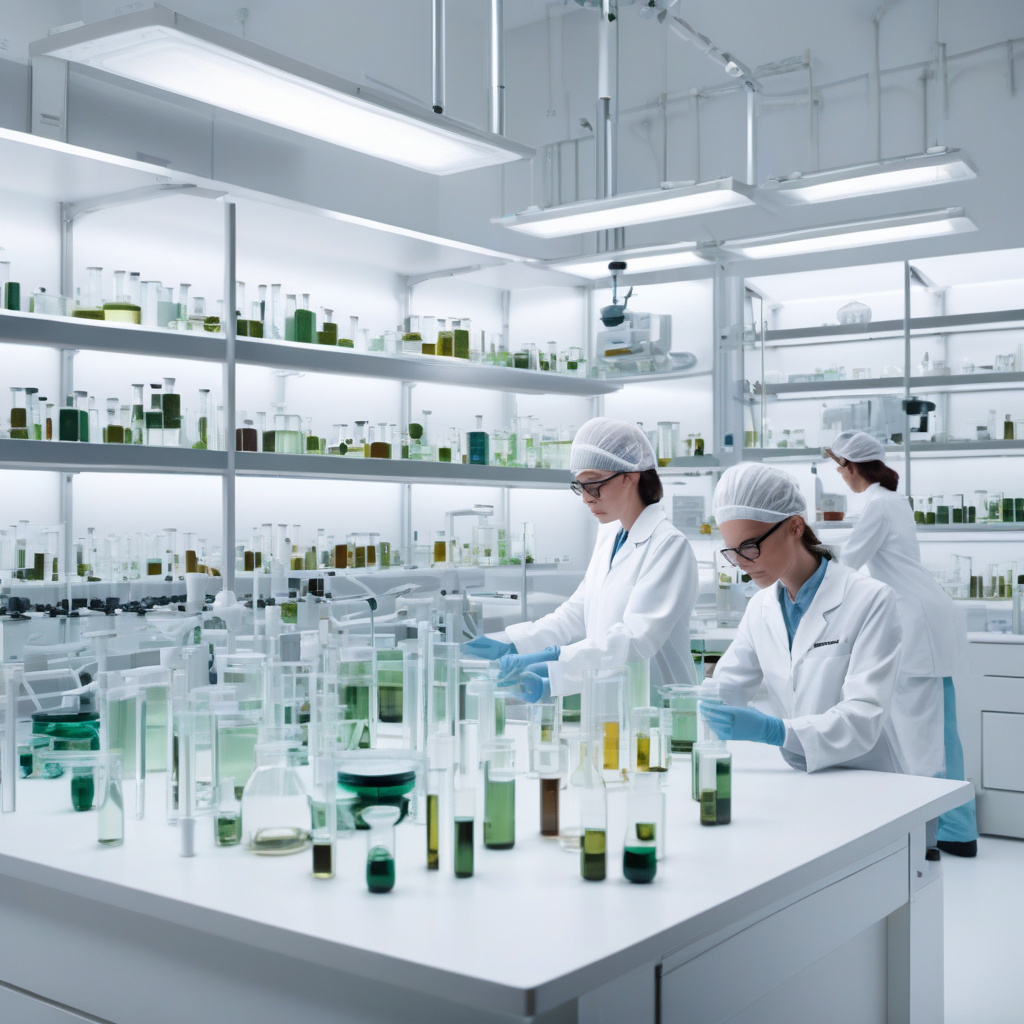Lab-Grown Oils Revolutionizing Sustainable Cosmetics and Food Industry
As Europe prepares to enforce stricter rules on deforestation-linked imports, a Paris-based startup says it is pioneering a groundbreaking solution that could transform the cosmetics and food industries. The innovative concept of lab-grown oils is not only environmentally friendly but also promises to significantly reduce supply chain time, making it a game-changer for companies aiming to embrace sustainability without compromising on quality or performance.
The traditional methods of sourcing oils for cosmetics and food products have long been associated with deforestation, biodiversity loss, and unethical labor practices. The demand for ingredients such as palm oil, soybean oil, and coconut oil has driven large-scale destruction of forests, particularly in regions like the Amazon rainforest and Southeast Asia. This has not only led to devastating environmental consequences but has also raised ethical concerns regarding the exploitation of local communities and indigenous populations.
In this context, the emergence of lab-grown oils presents a compelling alternative that addresses these pressing issues. By using cutting-edge biotechnology techniques, companies can now produce high-quality oils in a controlled laboratory setting, without the need for vast agricultural land or the destruction of natural habitats. This not only eliminates the negative impacts associated with traditional oil production but also ensures a consistent and sustainable supply chain for the long term.
One of the key advantages of lab-grown oils is the significant reduction in supply chain time. Traditional oil production involves a lengthy process that includes planting, growing, harvesting, and processing crops, which can take months or even years to complete. In contrast, lab-grown oils can be produced in a matter of days or weeks, allowing companies to streamline their operations and respond quickly to market demands. This not only enhances efficiency but also reduces the overall carbon footprint of the production process.
Moreover, lab-grown oils offer a level of purity and quality that is hard to achieve through traditional means. By controlling the entire production process in a laboratory environment, companies can ensure that their oils are free from contaminants, pesticides, and other harmful substances. This not only benefits the end consumer by providing safer and more reliable products but also helps companies build trust and credibility in an increasingly discerning market.
The potential applications of lab-grown oils are vast, spanning across various industries including cosmetics, skincare, hair care, and food production. In the cosmetics sector, these oils can be used as sustainable alternatives to traditional ingredients, allowing companies to create eco-friendly and cruelty-free products that resonate with environmentally conscious consumers. In the food industry, lab-grown oils can be incorporated into a wide range of products, from dressings and sauces to snacks and baked goods, offering a sustainable and ethical choice for manufacturers and consumers alike.
In conclusion, the advent of lab-grown oils represents a significant step towards a more sustainable and responsible future for the cosmetics and food industries. By harnessing the power of biotechnology, companies can reduce their environmental impact, improve supply chain efficiency, and meet the growing demand for ethical and sustainable products. As the world shifts towards a greener economy, embracing innovations like lab-grown oils will be crucial in driving positive change and promoting a more sustainable way of doing business.
#LabGrownOils, #SustainableCosmetics, #FoodIndustry, #Biotechnology, #SupplyChainEfficiency












